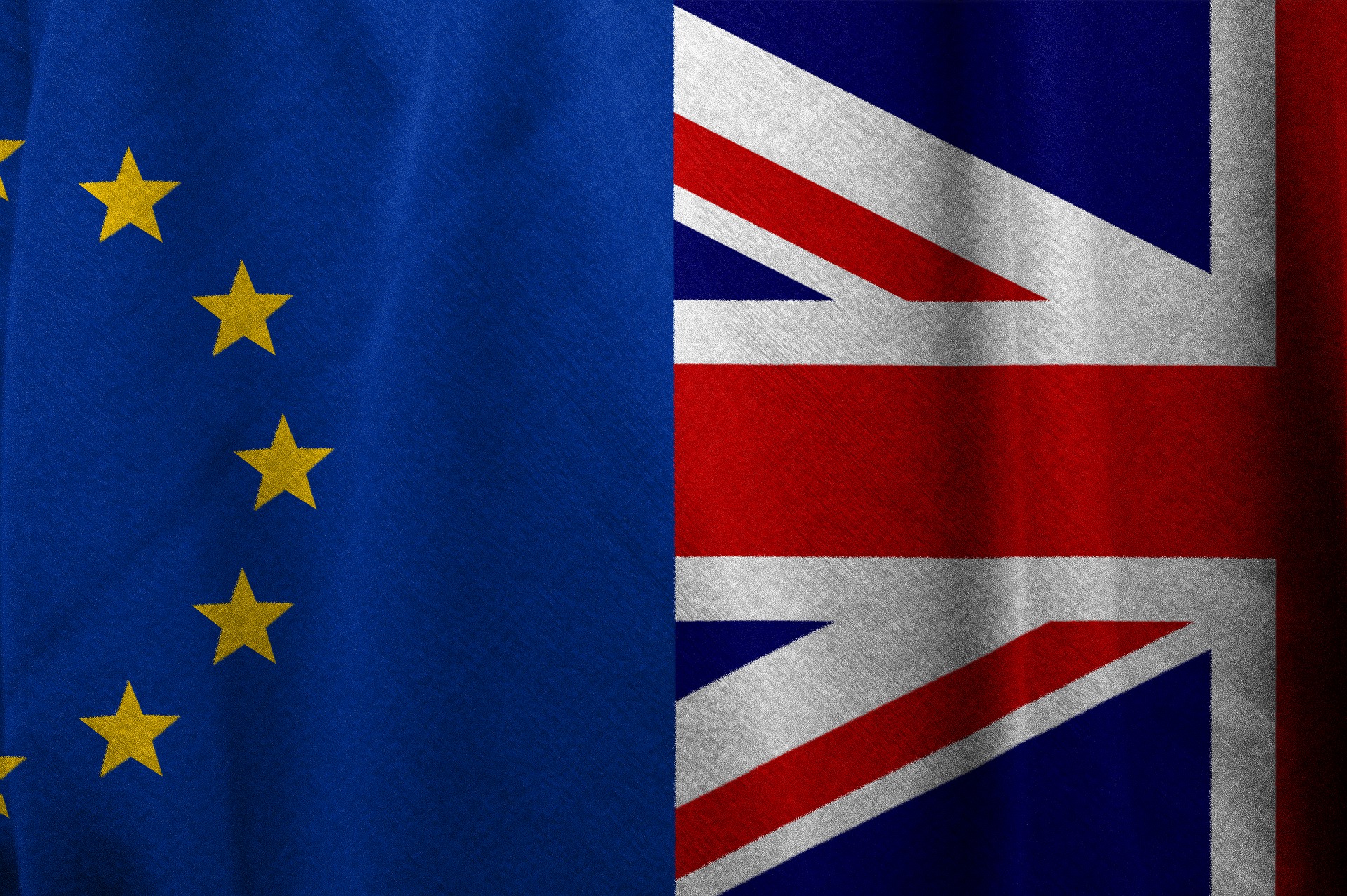
A Reset in EU-UK Relations: If Not Now, When? A Personal View from Brussels

I was sad to see the UK leave the EU. I studied in the UK, and I met my (French) wife at Reading University. I received a British Council scholarship to spend 10 months in the Soviet Union from 1977 to 1978. One of the things that saddened me most was Britain leaving ERASMUS. All through my EU career, I enjoyed working with British colleagues in the national administration, and above all with British EU officials, who were of high quality and raised the standards in our administrations. I was therefore proud when the EU institutions, after the Brexit vote, refused to sack EU staff with the British nationality.
Ever since the British exit from the EU relations have been strained; this is not surprising since a divorce is always painful. Over the last months, as the negative effects of Brexit have been sinking in, even the present Conservative government has seen merit in concluding the 2023 Windsor agreement with the EU on goods crossing the Irish Sea from Great Britain to Northern Ireland. It has also acted the return of the UK into the EU research programme. But we should not overstate the significance of these practical moves. This is not a mood change on their part, nor a political drive to reassess the relationship in any profound way.
And yet there comes a time when looking back in anger is counterproductive and sterile for both sides. The situation in the world today requires restoring confidence in the ties between Brussels and London. The upcoming elections in the UK and the start of a new institutional cycle in the EU provide an opportunity for a reset; it will be neither automatic nor easy, whoever will be in charge in London, also since the media landscape is still the old one. But it is both necessary and feasible with a new government.
The rest of this article can be found on the EIAG website.
(Photo credit: Pete Linforth, Pixabay)